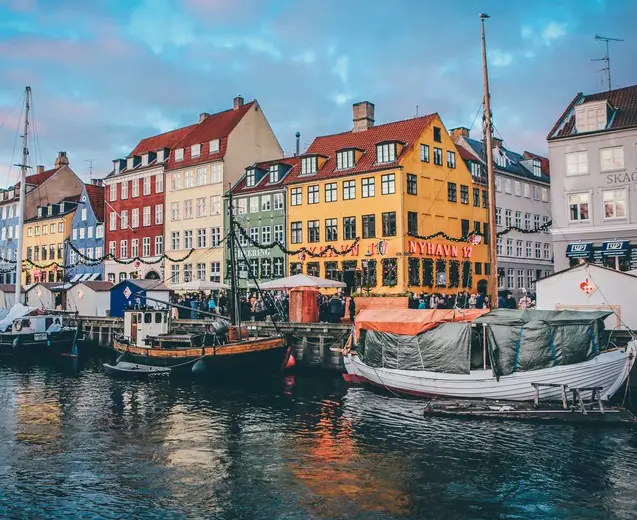In the latest escalation over energy related to the conflict in Ukraine, Russia cut off its gas supply to Denmark, after the country refused to pay for its gas in rubles, as Moscow demanded.
Russia had already cut off gas supplies to Finland, Poland and Bulgaria for the same reason.
Ørsted, the Danish energy company, said it still expects to be able to service its customers. Ørsted CEO Mads Nipper said, “We stand firm in our refusal to pay in rubles, and we´ve been preparing for this scenario. The situation underpins the need of the EU becoming independent of Russian gas by accelerating the build-out of renewable energy.”
Russian President Vladimir Putin had previously signed a decree mandating Western powers pay for all Russian energy in rubles as of April 1st, after the West imposed sanctions on Russia for its military actions in Ukraine.
Moscow had arranged a system, where all energy buyers could set up a bank account at Russia’s third-largest bank, Gazprombank, in their native currency, and a second account in rubles. They could then have paid in their native currency, and simply asked the bank to switch the payment over to rubles before delivering it.
Danish Prime Minister Mette Frederiksen called it, “totally not acceptable,” going on to say, “This is a kind of blackmailing from Putin. We continue to support Ukraine, and we distance ourselves from the crimes that Putin and Russia commit.”
Russian gas accounted for roughly 25% of EU gas consumption in the first 18 weeks of 2022, however the Danish Energy Agency said the loss of the Russian supply would not have any immediate effect. Kristoffer Böttzauw, head of the Danish Energy Agency said,“ We still have gas in Denmark, and consumers can still have gas delivered. But we have plans ready if the situation worsens.”
Since Denmark does not have a direct pipeline supply, the supply was not directly severed, but rather, Denmark will not be restricted in the buyers it can buy from in the European market.
Denmark would normally be a net exporter of gas, however its main field, the Tyra field in the North Sea, is presently undergoing improvements. Due to that, it is temporarily importing 75% of its gas consumption. The Tyra field is expected to reopen in mid-2023, at which point the nation will no longer need to import gas from foreign sources.
380,000 households use natural gas for home heating via gas boilers in Denmark.

